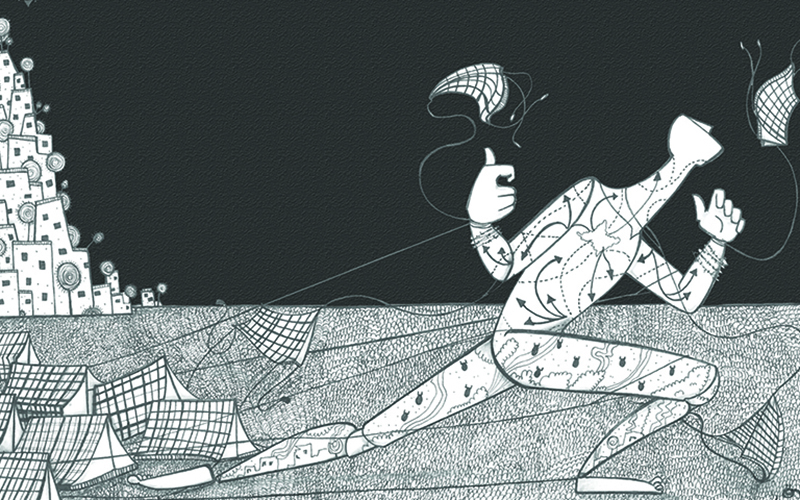This collaborative research project was carried out by:
The Bartlett Development Planning Unit (DPU), University College London
For more than 60 years, the DPU has conducted research, consultancy and postgraduate teaching that helps to build the capacity of national governments, local authorities, NGOs, aid agencies and businesses working towards socially just and sustainable development in the global south. The DPU is a department of the Bartlett: University College London’s global faculty of the built environment.
Humanitarian Affairs Team (HAT), Save the Children
Through critical reflection, research, and outreach, the HAT informs Save the Children strategy, offers proposals for policy and practice within the organisation and across the humanitarian sector, and works to translate these proposals into practicable plans of action.
O.P. Jindal Global University’s School of International Affairs (JSIA)
JSIA is ‘India’s first global policy school’. Bringing together scholarship on International Relations, International Law, and International Business, JSIA aims to produce knowledge that can contribute to India’s engagement in international affairs and can address pressing global challenges.
Research Team:
Anubhav Dutt Tiwari, Research Associate, Centre for Human Rights Studies, O.P. Jindal Global University
Andrea Rigon, Lecturer, The Bartlett Development Planning Unit
Camillo Boano, Professor, The Bartlett Development Planning Unit
Cassidy Johnson, Senior Lecturer, The Bartlett Development Planning Unit
Estella Carpi, Research Associate, The Bartlett Development Planning Unit & Humanitarian Affairs Adviser, Save the Children
Fernando Espada, Head of Humanitarian Affairs, Save the Children
Jessica Field, Assistant Professor, Jindal School of International Affairs, O.P. Jindal Global University
Juliano Fiori, Head of Studies (Humanitarian Affairs), Save the Children
Sophie Dicker, Research Manager (Humanitarian Affairs), Save the Children
Yamini Mookherjee, Research Associate, Foundation for Rural Recovery and Development
 Close
Close


